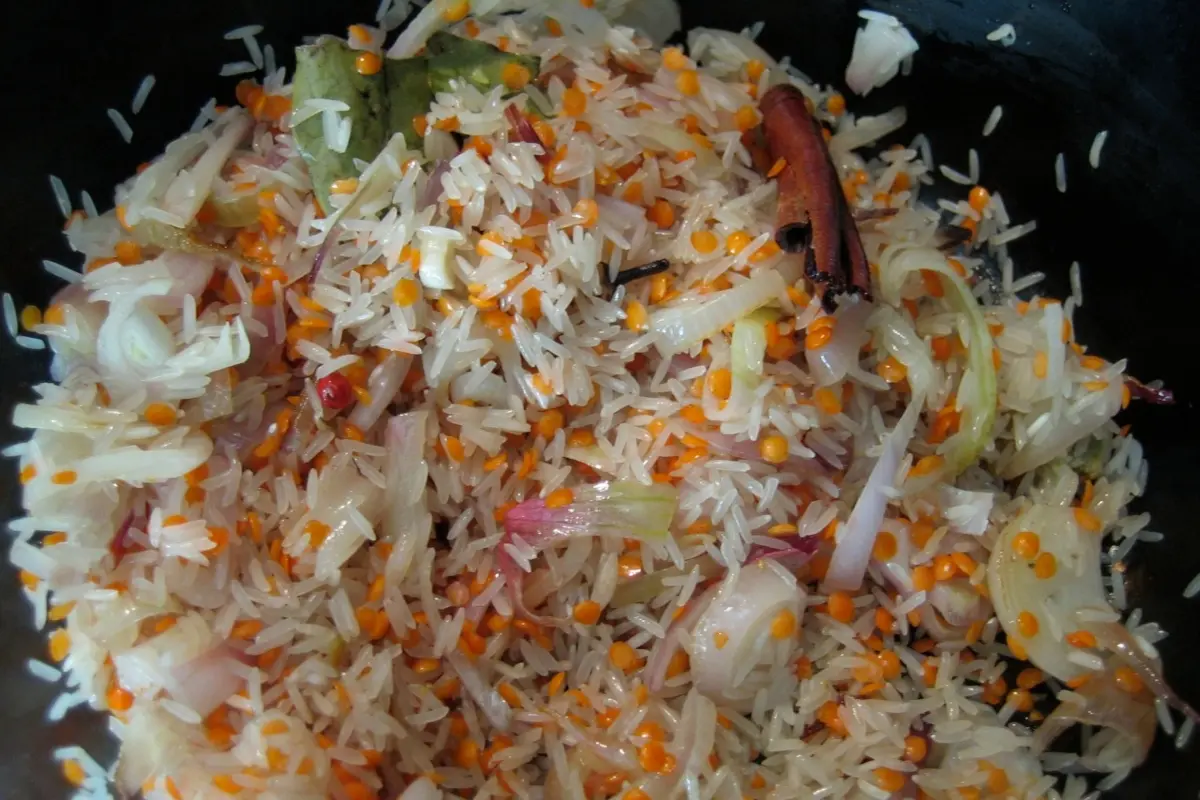
Do you want to access to this and other private contents?
Log in if you are a subscriber or click here to request service
Indian rice: EU liberalises it, Italian producers don't agree
According to the Ente Nazionale Risi, reciprocity is needed on the use of pesticides

After a ten-year hiatus, in the summer of 2022 the European Commission resumed negotiations with India for the definition of a free trade agreement. India is the world's largest exporter of rice and in previous negotiations it had advanced the request for various duty-free import quotas which, if agreed in the current negotiations, would further reduce the trading space for EU Long B rice, which has...
lml - 33328
EFA News - European Food Agency
EFA News - European Food Agency